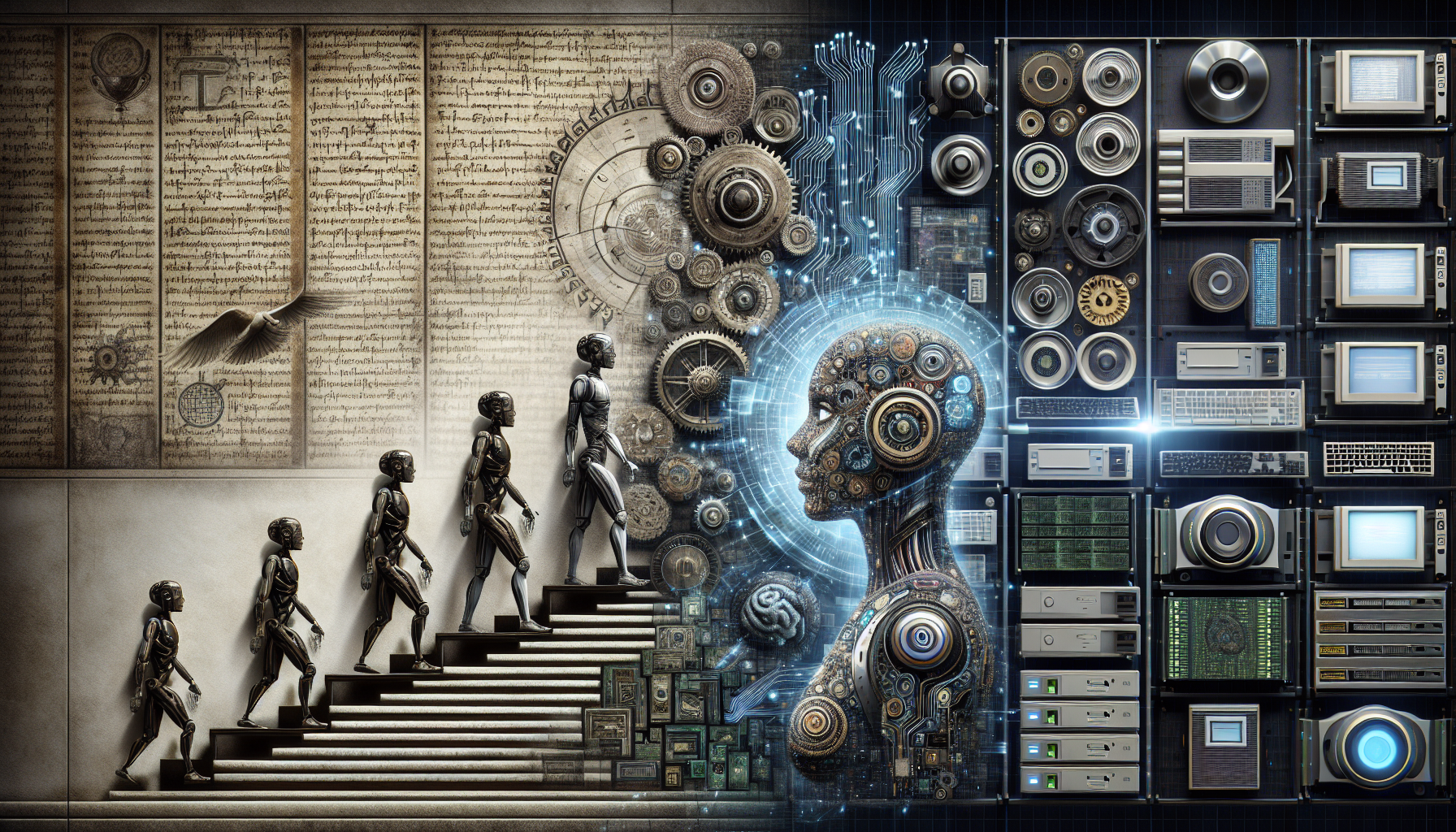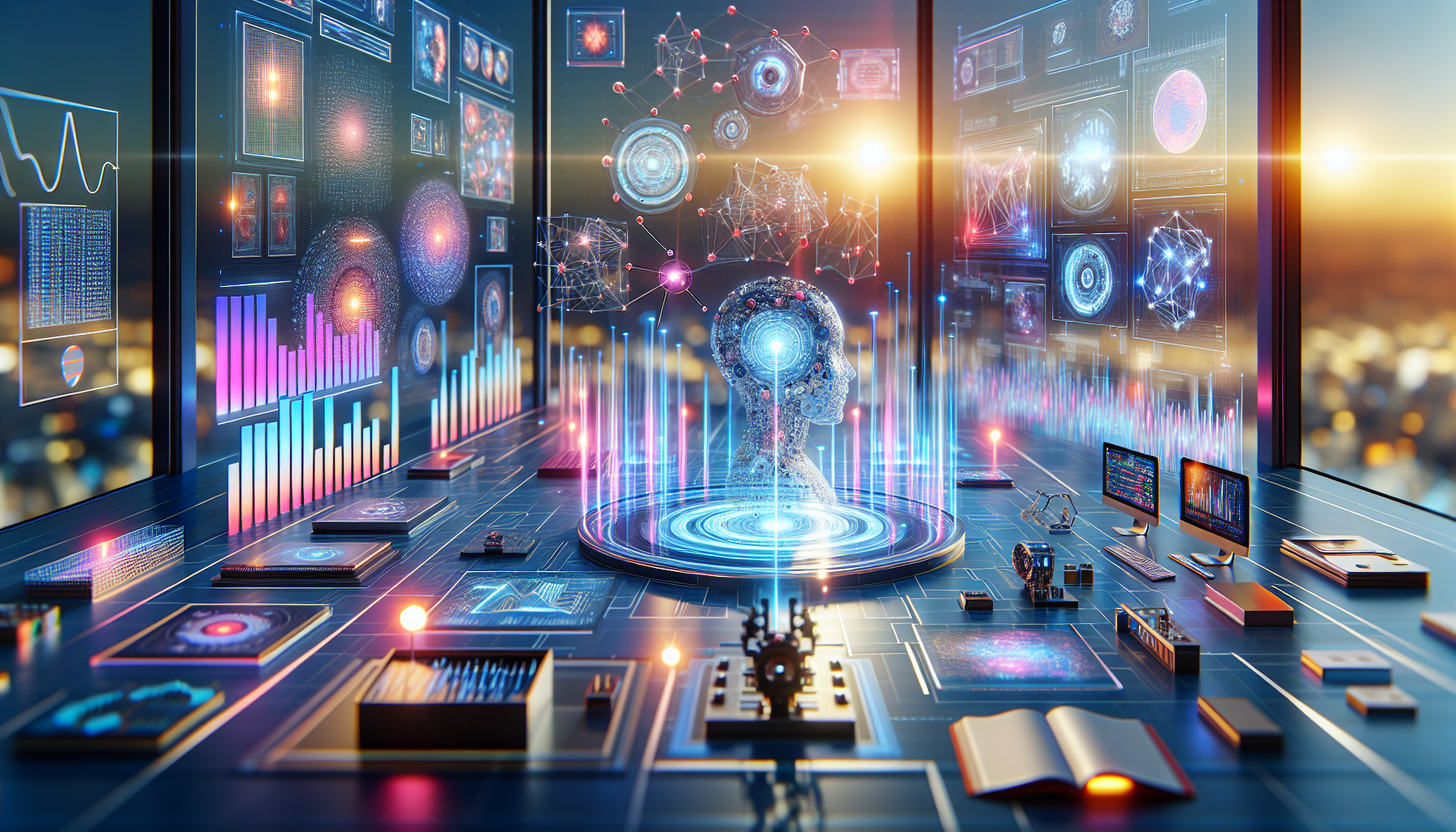
AI in Drug Discovery: A Historical Examination of Promises and Pitfalls
September 4, 2025
Artificial intelligence, once the stuff of science fiction, has made profound inroads into drug discovery and development. Yet, as we sift through the layers of its historical evolution, a critical eye reveals an intricate tapestry of unfulfilled promises and sporadic breakthroughs. The narrative of AI in this field is not just one of technological marvel but also of cautionary tales that urge a reevaluation of our expectations and methodologies.
When AI first entered the realm of pharmacology, its proponents heralded it as the dawning of a new era. The allure of AI lay in its potential to sift through vast datasets with a speed and accuracy unparalleled by human researchers. The promise was simple: AI would revolutionize drug discovery by identifying potential compounds swiftly, reducing the time and cost associated with bringing new drugs to market. However, this optimistic vision has often been tempered by the realities of implementation and integration.
Historically, the initial forays of AI into drug discovery were met with skepticism. Critics were quick to point out the limitations of early algorithms, which lacked the sophistication required to navigate the complexities of biological systems. The grand claims of AI's potential were frequently at odds with its actual performance. For instance, while AI could identify patterns and correlations, translating these into actionable insights for drug development proved more elusive.
A pivotal moment in this narrative was the advent of machine learning models capable of handling more nuanced datasets. These models promised to bridge the gap between theoretical potential and practical application. Yet, even as machine learning techniques grew more advanced, the pharmaceutical industry grappled with integrating these technologies into existing frameworks. The sheer complexity of biological systems often rendered AI-generated predictions less reliable than anticipated.
Furthermore, the historical journey of AI in drug discovery is fraught with ethical and practical challenges. The reliance on AI-driven models raises questions about data privacy, the reproducibility of results, and the transparency of algorithms. These issues have often been sidelined in the rush to capitalize on AI's capabilities, leading to a landscape where the technology's advancement outpaces the establishment of robust ethical guidelines.
Critically, the emphasis on AI's potential has sometimes overshadowed the importance of human expertise in the drug discovery process. The narrative that AI could replace human researchers was not only misleading but also damaging. In reality, the most successful applications of AI in pharmacology have been those that leverage its capabilities as a tool to augment, rather than replace, human intuition and expertise. This collaborative approach acknowledges the limitations of AI, while also capitalizing on its strengths.
Despite the challenges, there have been notable successes where AI has made a tangible impact. Drug repurposing, for instance, has benefited from AI's ability to identify new uses for existing medications, thereby shortening the development timeline and mitigating risk. However, these successes are often exceptions rather than the rule, highlighting the need for a balanced perspective on AI's role in drug discovery.
As we reflect on the historical trajectory of AI in this field, it becomes clear that the technology's potential is inextricably linked to the broader ecosystem in which it operates. The integration of AI into drug discovery is not merely a technical endeavor but a complex interplay of science, ethics, and human judgment. The path forward requires a recalibration of expectations and an acknowledgment that while AI is a powerful tool, it is not a panacea.
In pondering the future of AI in drug discovery, one must ask: how can we harness its capabilities without falling prey to the pitfalls of over-reliance and underestimation? This question invites deeper exploration into how AI can be sustainably integrated into drug development processes, ensuring that its application is both innovative and responsible. As the journey continues, the lessons of history remain a vital guide, urging us to tread thoughtfully in the pursuit of progress.


